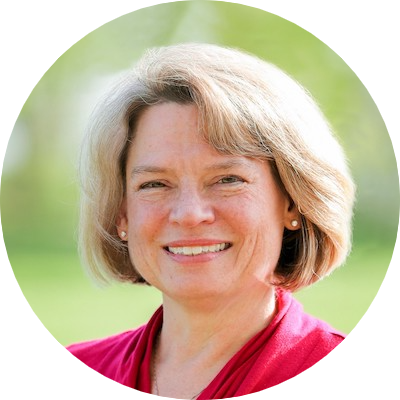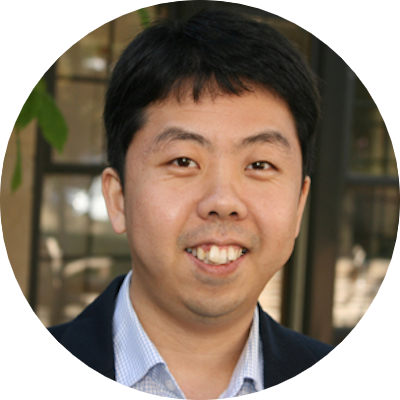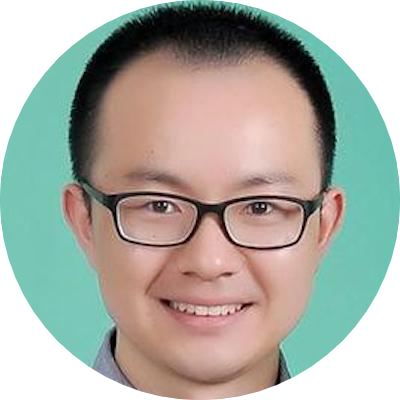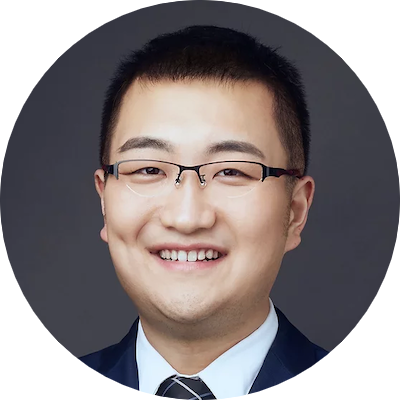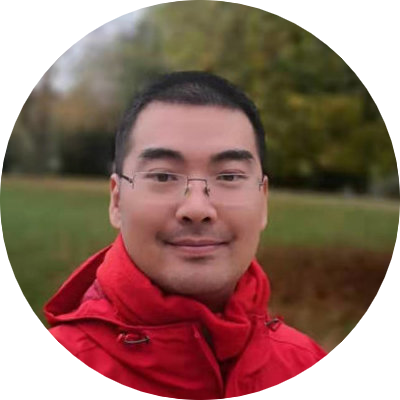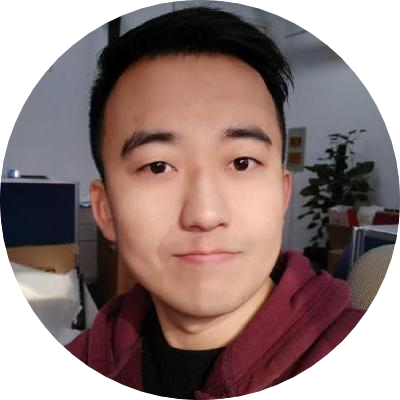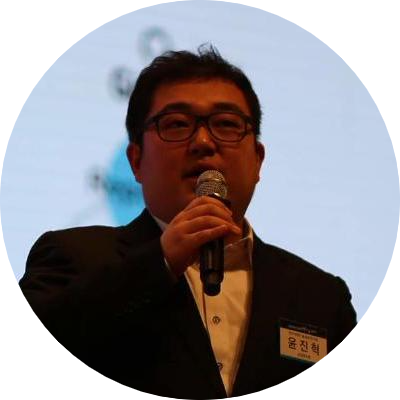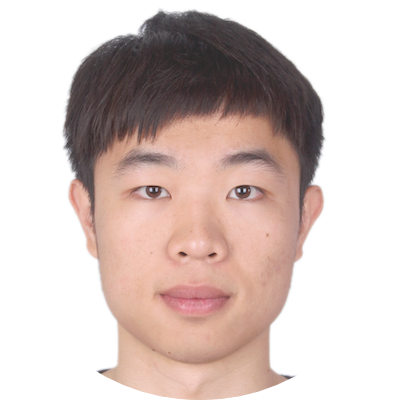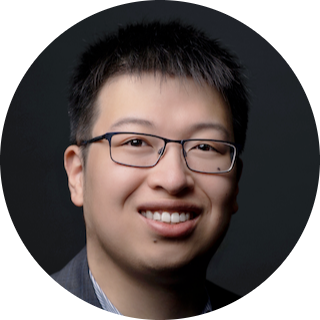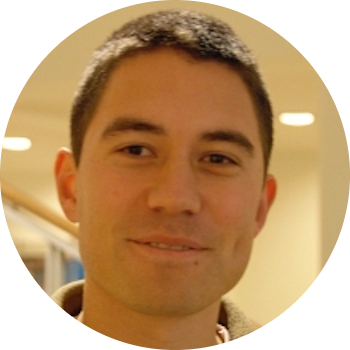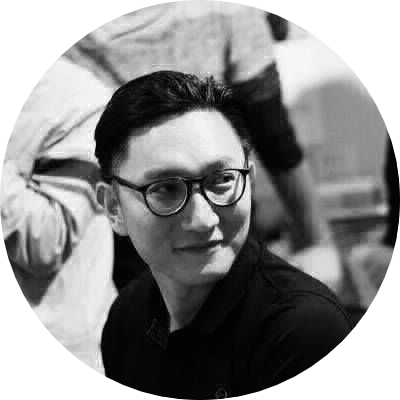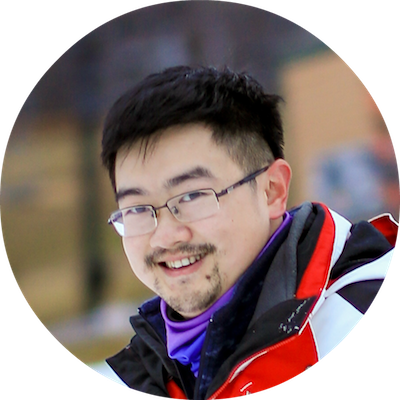Jul 16 (Saturday), 2022 | 8 AM-noon EST | 8 PM-midnight Beijing | Click here to enter online zoom meeting
| Time | Session | Speaker | Title |
|---|---|---|---|
| 8:00-8:10 | Welcome | Lingfei Wu University of Pittsburgh |
|
| 8:10-8:30 | Invited talk | Steve Fiore UCF & INSciTS (2022 President) |
Science of Team Science: Past, Current, and Future |
| 8:30-10:00 | Frontiers in the Science of Team Science (Host: Junming Huang) | ||
| 8:30-8:50 | Invited talk | Jinhyuk Yun Soongsil U |
Quantifying Team Chemistry in Scientific Collaboration |
| 8:50-9:10 | Invited talk | Fengli Xu University of Chicago |
Flat Teams Drive Scientific Innovation |
| 9:10-9:30 | Invited talk | Dongbo Shi Shanghai Jiao Tong University |
Can the Brain Drain of Elite Scientists be Reversed? Evidence from China’s Young Thousand Talents Program |
| 9:30-9:50 | Invited talk | Yian Yin Cornell University (incoming AP) |
Adaptability and the Pivot Penalty in Science |
| 9:50-10:00 | Tea break | ||
| 10:00-11:00 | Editor Panel: Invisible Authors, Science Gatekeepers, or Both? (Host: Partrick Park) | ||
| Mary Elizabeth Sutherland Nature |
Ludo Waltman Quantitative Science Studies (QSS) |
Kevin Boyack Journal of the Association for Information Science and Technology (JASIST) |
|
| 11:00-12:00 | Scholar Panel: What is a social “mechanism”? How did you measure it? (Host: Lingfei Wu) | ||
| Lianghao Dai Zhejiang U, Dept. of Sociology |
Yi Bu Dept. of Information Management, Peking University |
An Zeng Beijing Normal University, School of Systems Science |
|
| Jiang Li Journal of Informetrics |
Erin Leahey University of Arizona, School of Sociology |
Donna Ginther University of Kansas, Dept. of Economics & NBER |
|
| Yong-Yeol Ahn Indiana University Bloomington, Luddy School of Informatics, Computing, and Engineering |
|||
| 12:00-12:10 | Concluding remarks | Junming Huang Princeton University |


